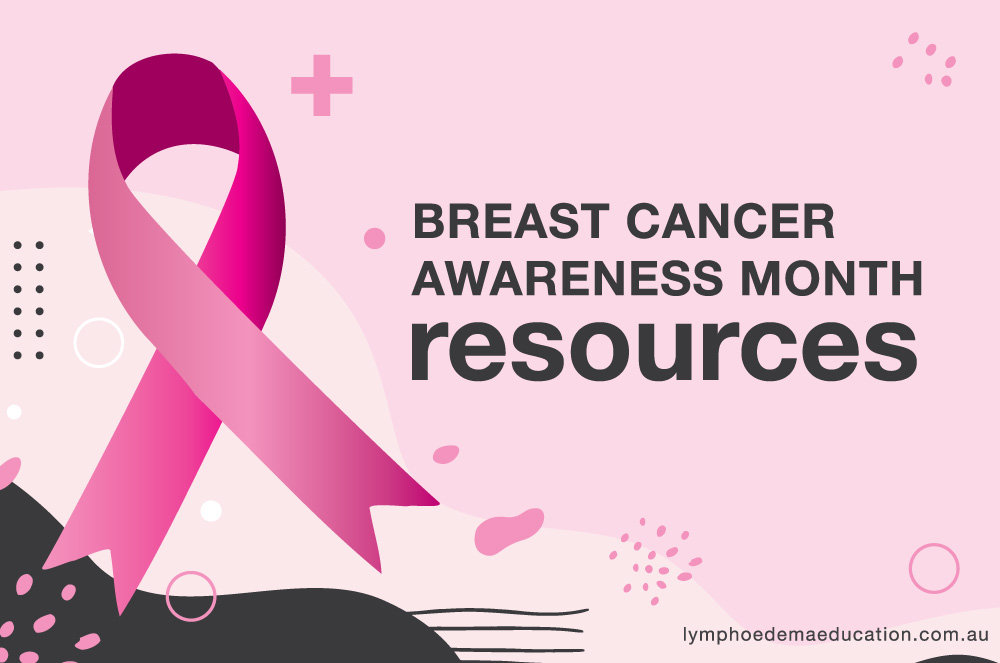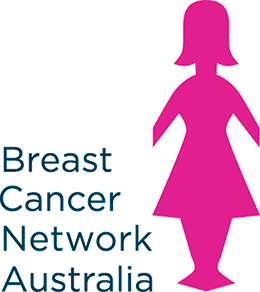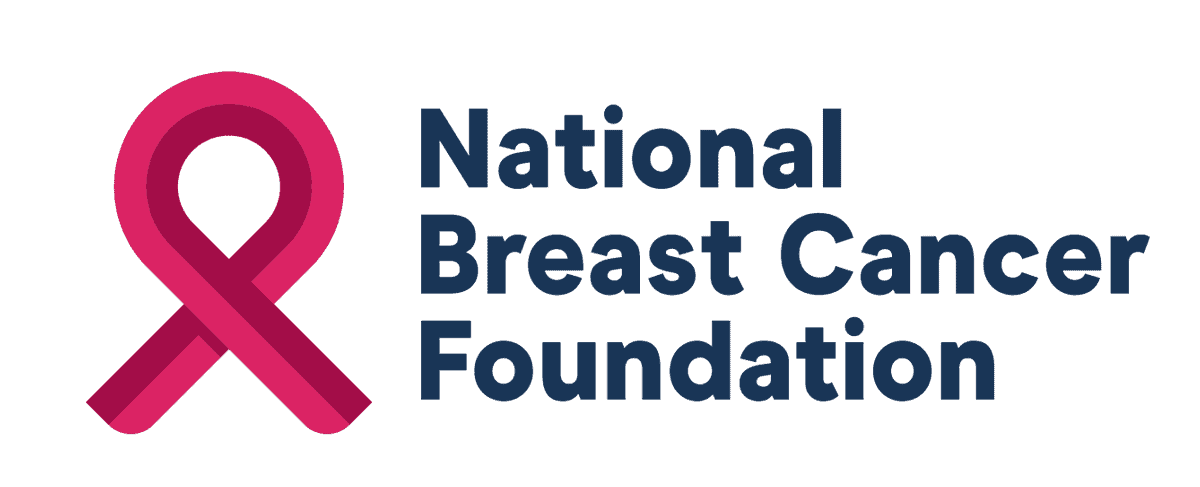Breast Cancer Awareness Month Resources

Education options for lymphoedema practitioners come in various forms. They encompass activities such as engaging in discussions with colleagues or mentors over the phone, participating in webinars focused on specific subjects, attending in-person workshops to acquire fresh expertise, or even staying updated through the latest information in newsletters. What truly matters, regardless of the educational method chosen, is not merely absorbing facts or mastering techniques, but rather how we apply this knowledge to bring about positive changes for the patients under our care. The essence lies in taking the insights gained from education and integrating them into our clinical decision-making process.
Breast Cancer Network Australia

During October BCNA shines a light on optimal breast cancer care.Those diagnosed with breast cancer in Australia, deserve to receive the best care, irrespective of who they are, where they live, or your stage of diagnosis.
They should have access to a healthcare system that works well for them and their treating team. Care should be patient-centered, integrated, timely and multidisciplinary. It should include both specialist and supportive care before, during, and after treatment, and each person should be informed of any suitable clinical trials.
- This will help you understand the optimal cancer care that should be provided at each step of the cancer care.
- It also provides information to help your client and their carers communicate with health professionals.
National Breast Cancer Foundation

Cancer Australia




